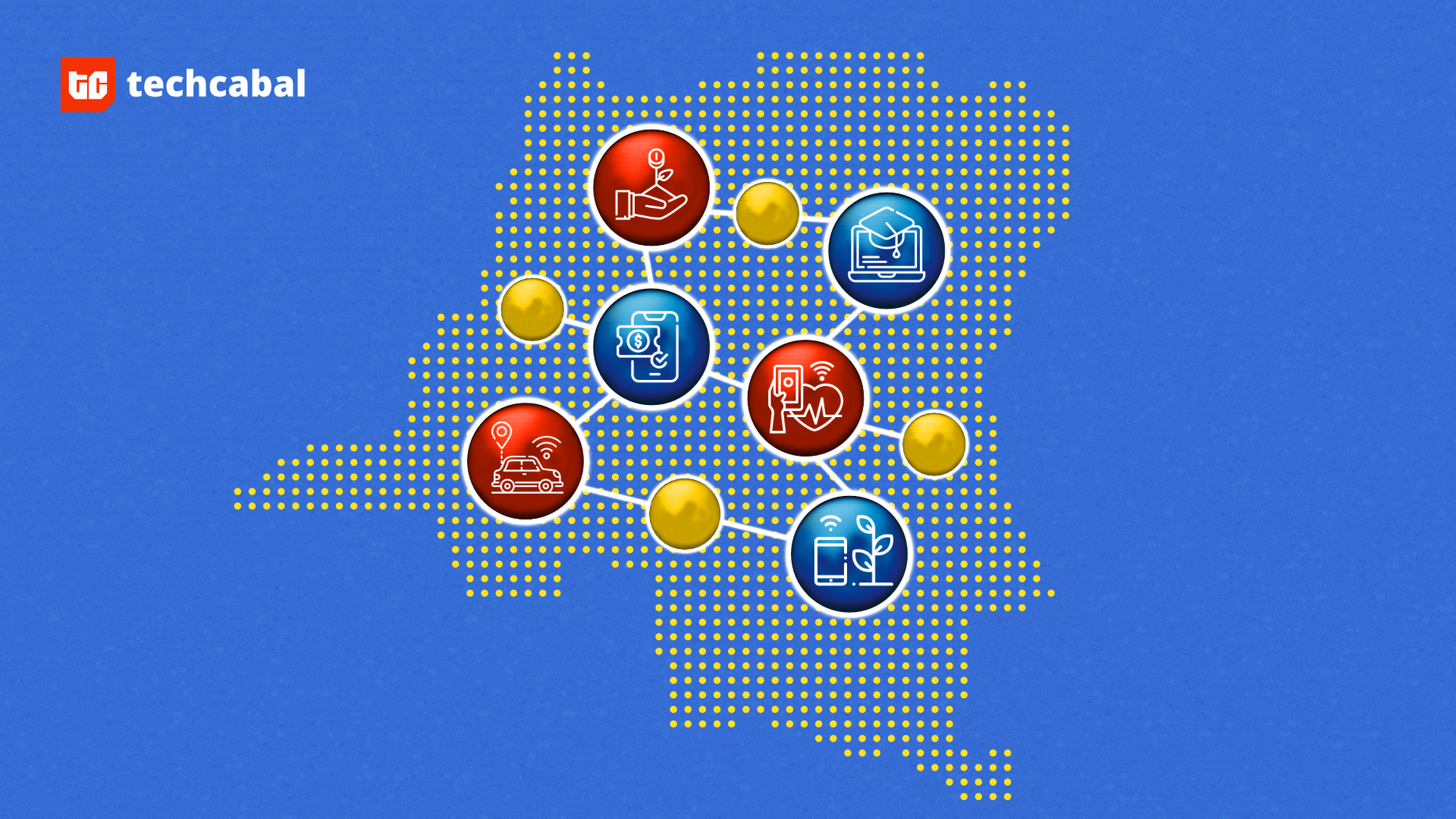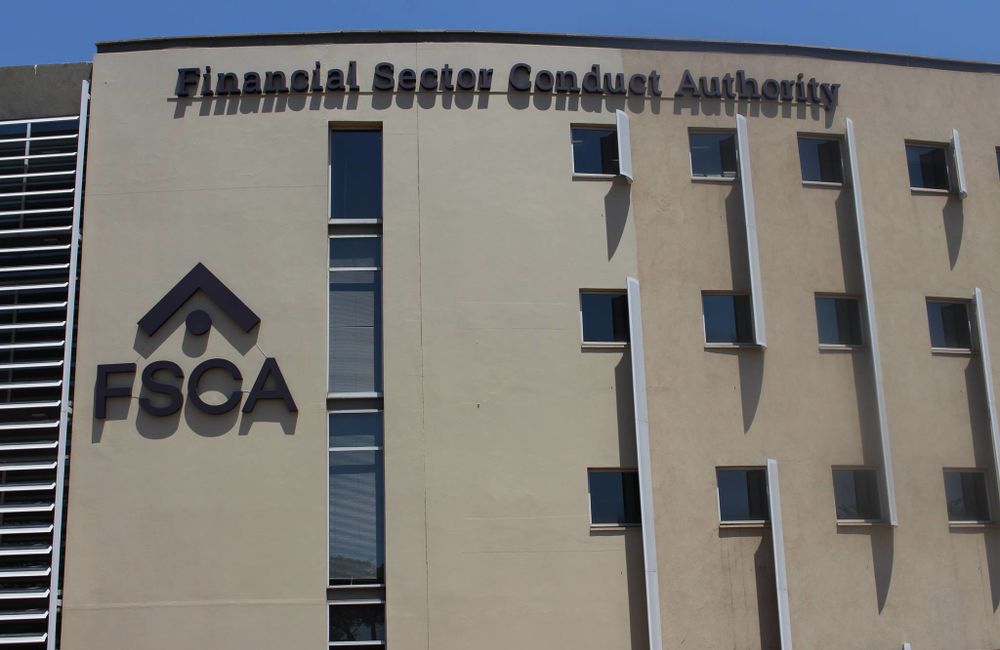Several fintechs in the Democratic Republic of Congo (DRC) are partnering with the government to create a framework, the Congolese Fintech Network (CFN), that aims to increase financial inclusion, ensure information-sharing within the industry and increase access to investment opportunities.
“The government represents a centrepiece in the accomplishment of our various missions,” Joel Tshilumba, a board member of CFN, told TechCabal. “We are working on several processes to be implemented to promote effective and beneficial collaboration for both parties, in particular, establishing open and regular communication channels with representatives of the Congolese government.”
The fintechs already have 15 companies like MaishaPay, Velex Advisory and Zando on board as they look to make the “fintech industry in the DRC very cooperative and efficient.” Besides fintechs, the CFN will also include major banks like Ecobank and international organisations like Deloitte and PWC.
In Congo, the fintech sector has seen steady growth in recent years. Tuma’s $500,000 funding round in October—the largest ever in Congo’s fintech space—was an example of the industry’s progress.
However, a lot still needs to be done to address the country’s financial inclusion rate, estimated at 38.5% in 2022. Especially if the Congolese government’s aim to increase this rate to 55% by 2028 is to be achieved. Tshilumba hopes the association can play “a crucial role in advocating for a regulatory and legislative environment favourable to innovation and the development of fintech.”
The CFN follows a trend where startups in Africa, due to their increased importance, are partnering with governments to create industry standards. In Nigeria, the startup ecosystem worked with the government to introduce a startup law that governs all startup activities. A tech entrepreneur and investor now serves as minister of tech in Africa’s largest startup ecosystem.
“By working with the government and other stakeholders, it could help shape policies that encourage investment, competition and access to financial services, but above all play a vital role in promoting financial inclusion by supporting the development of innovative technological solutions that expand access to financial services to underserved population segments,” Tshilumba said.
The CFN will also host a physical conference called Congo Fintech Week, which will happen in May, where it will release studies to the public on the progress it has made and how it aims to increase Congo’s financial inclusion rate. The network would also have branches in four of the DRC’s largest cities, Kinshasa, Goma, Lubumbashi, and Matadi.





















